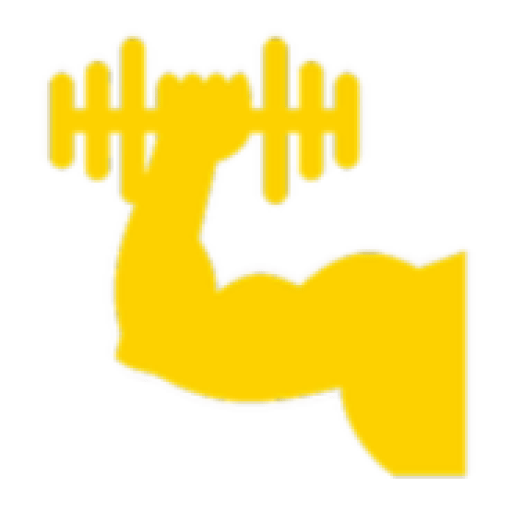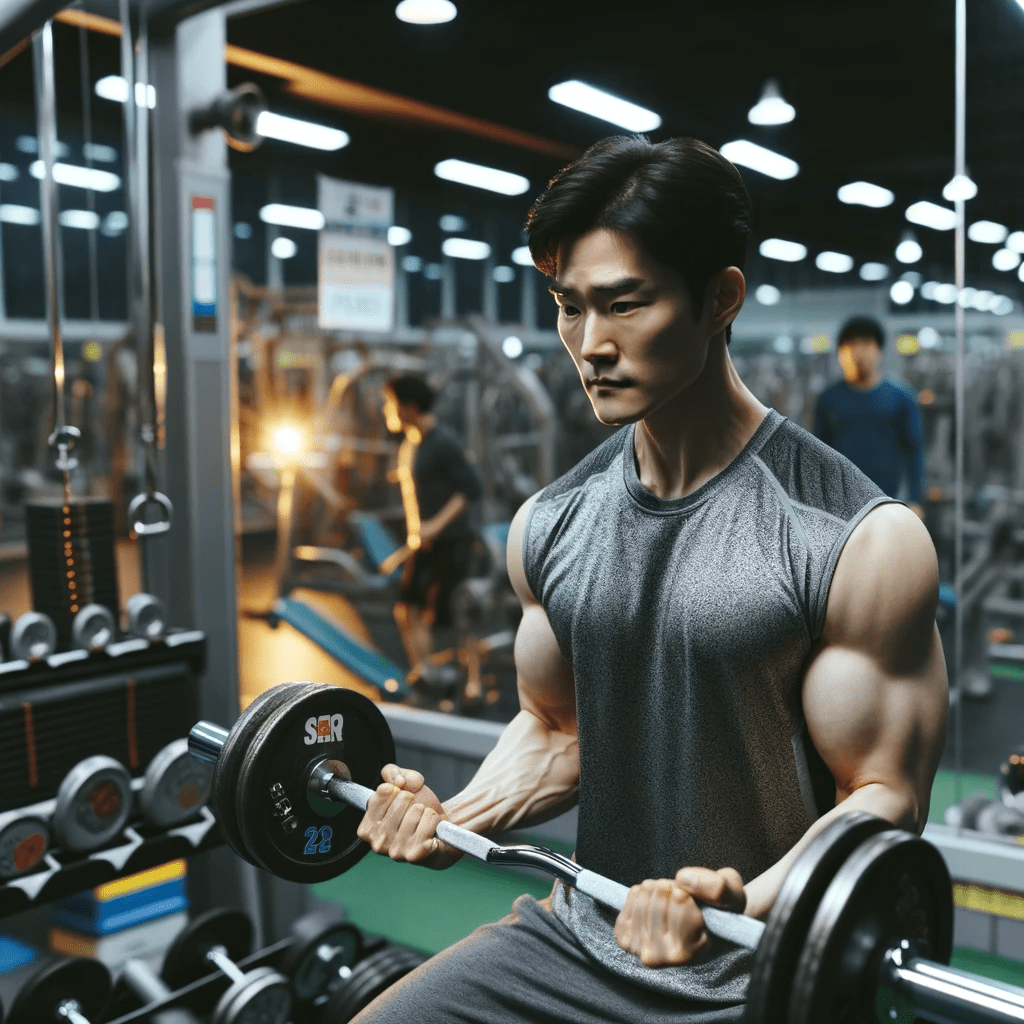The world of bodybuilding is a fascinating journey of physical and mental transformation. It requires meticulous planning, dedication, and an understanding of one’s body. In this comprehensive guide, we delve into the specifics of crafting a bodybuilder program, with a focus on integrating aspects of Korean culture and diet.
1. Assessment and Goal Setting
Initial Assessment:
Before embarking on a bodybuilding journey, it is crucial to assess your current physical state. This includes understanding body composition (body fat percentage, muscle mass), strength levels, and any underlying health conditions. Tools like DEXA scans and strength assessments can provide valuable insights.
Goal Setting:
Goals in bodybuilding can range from gaining lean muscle, reducing body fat, to preparing for a competition. Setting SMART (Specific, Measurable, Achievable, Relevant, Time-bound) goals ensures they are clear and attainable. For example, aiming to gain 2 pounds of muscle in a month is a specific and measurable goal.
Also Read: Asian Bodybuilder
2. Nutrition Plan
Caloric Needs:
The foundation of any bodybuilding program is nutrition. Calculating your Basal Metabolic Rate (BMR) and factoring in daily activity levels helps in determining daily caloric needs. A surplus is required for muscle gain, while a deficit is needed for fat loss.
Macronutrient Breakdown:
A high-protein diet is key in bodybuilding. Carbohydrates provide the energy needed for intense workouts, and fats are essential for hormonal balance. A typical breakdown might be 40% protein, 40% carbs, and 20% fat, but this can vary based on individual needs.
Traditional Korean Diet Influence:
The Korean diet, rich in vegetables, fermented foods like kimchi, and lean meats like fish and chicken, can be beneficial. These foods are nutrient-dense and can support overall health and muscle growth.
Supplementation:
While a whole-foods approach is ideal, supplements like whey protein, BCAAs (Branched-Chain Amino Acids), and creatine can aid in muscle recovery and growth.
3. Training Regimen
Strength Training:
A combination of compound lifts (like squats, deadlifts, and bench presses) and isolation exercises (like bicep curls and leg extensions) forms the core of bodybuilding training. These exercises stimulate muscle growth and increase strength.
Hypertrophy Training:
This involves training with a focus on muscle growth. Techniques include varying rep ranges (typically 8-12 reps), increasing volume (more sets and exercises), and ensuring muscle fatigue.
Cardiovascular Training:
While often less emphasized in bodybuilding, moderate cardio is important for heart health and can aid in fat loss. This might include brisk walking, cycling, or swimming.
Flexibility and Mobility:
Incorporating yoga, stretching, or Pilates can improve flexibility, reduce the risk of injury, and enhance muscle recovery.
Also Read: Down Syndrome Bodybuilder
4. Rest and Recovery
Sleep Importance:
Quality sleep is paramount in bodybuilding. It’s when most muscle repair and growth occur. Aim for 7-9 hours of uninterrupted sleep per night.
Active Recovery:
Light activities like walking or swimming on rest days can enhance recovery by increasing blood flow to muscles without overly taxing the body.
Rest Days:
Scheduling regular rest days prevents overtraining, a common issue in bodybuilding, which can lead to injuries and stalls in progress.
5. Monitoring Progress
Regular Check-ins:
Monitoring progress is essential. This can be done through regular body measurements, tracking strength improvements, and taking progress photos.
Adjustments:
Based on these check-ins, adjustments to the diet or training regimen may be necessary. For instance, if muscle gain plateaus, caloric intake or training intensity might need to be increased.
6. Mental Wellbeing
Stress Management:
High stress can impede muscle growth and fat loss. Techniques like meditation, deep breathing, or even leisure activities can help manage stress levels.
Motivation and Mindset:
Bodybuilding is as much a mental challenge as it is physical. Maintaining a positive mindset and staying motivated, especially during tough phases, is crucial.
7. Competition Preparation
Posing Practice:
For competitors, mastering posing is crucial. It highlights the physique in the best way possible on stage.
Diet Adjustments:
Pre-competition diets often become more strict, focusing on reducing water retention and maximizing muscle definition.
Tanning and Stage Presence:
Details like tanning, outfit selection, and stage presence can significantly impact scoring in competitions.
Conclusion
Embarking on a bodybuilding journey is a profound commitment to self-improvement. It blends rigorous training, precise nutrition, and mental fortitude. By integrating aspects of the Korean diet and lifestyle, one can add a unique and beneficial twist to their bodybuilding regimen. With dedication, discipline, and the right guidance, transforming your physique and achieving your bodybuilding goals is entirely within reach.
External Links and Resources
- Training Routines
- Rest and Recovery
- Mental Wellbeing in Bodybuilding
- Competition Preparation

